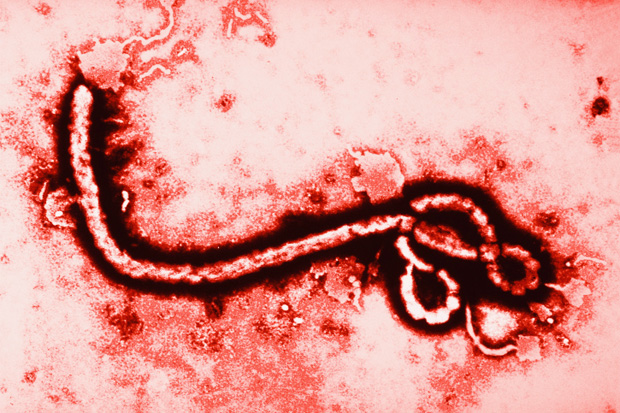Normally this blog is about relatively silly things, I’m happy to admit. Is red wine good for you? (No.) Are high heels good for you? (No.) I mean, it’s worth debunking that sort of nonsense when newspapers print it, but I don’t pretend that I’m fighting some moral crusade.
Most of the time, anyway. But there is a basic moral point to all this. The things we do have consequences. If we didn’t think, that in some way, the things we write affect people’s behaviour, then why the hell do we do it?
So imagine my surprise, then, when I read in the Daily Mail — the second most widely read newspaper in Britain, and purveyor of the most widely read newspaper website in the world — the phrase ‘Homeopathy CAN cure Ebola but red tape officials are stopping us‘ (that’s an online summary headline: the piece itself is titled ‘Homeopathy CAN cure Ebola’: Doctors attack ‘armchair intellectuals’ at World Health Organisation who refuse to let them treat deadly virus with snake venom remedy’).
Take a moment to think about this. The newspaper is promoting the views of people who claim to be able to treat a deadly disease – a disease which kills the large majority of people it infects, a disease which is currently killing thousands of people in west Africa in the most hideous, bloody, agonising way imaginable – with purified water. For those of you who’ve forgotten, ‘homeopathy’ isn’t ‘herbal medicine’, some of which is perfectly effective. Homeopathy is the weird magical belief that you can take a substance (in this case rattlesnake venom), dilute it to the point where there is literally none of it left, and it will cure illnesses – but only if you tap it against a Bible or a horsehair cushion in the process.
It doesn’t work, I should add. It doesn’t matter how it claims it works if it doesn’t work. There have been lots of trials, and there is a very interesting finding, which is that the better the trial is (better: placebo controlled, randomised, large sample size, etc), the more likely it is to find that homeopathy has no benefit whatsoever. The Cochrane Library has done six meta-analyses about homeopathy. It doesn’t work. It’s a placebo.
The Mail will no doubt say that it is only reporting the views of the quacks, and does not endorse them. But there is an editorial decision being made to give them publicity; it is not that they have a direct line to the Mail’s pages. There is already a distrust of Western medicine in too much of Africa, and if this encourages anyone to seek homeopathic treatment for their disease instead of going to a real doctor, then the Mail must take some responsibility for anyone who dies because of that. (And, of course, homeopaths may go and put their own lives at risk, for no purpose whatsoever.)
I should admit that, if you scroll past the headline, bullet-point standfirst, first four paragraphs and three full-column-width pictures, the piece admits that homeopathy actually doesn’t have any evidence for it. But you have to plough through a lot of free publicity for dangerous quacks before you get there. This is a fantastically irresponsible article to publish.
As I say: it’s fun, pointing fingers at silly newspaper articles telling middle-class people in Islington that they ought to eat more pomegranate for the sake of their gallbladder. But it doesn’t, really, matter. The middle-class people in Islington can afford the pomegranate and it won’t do them any harm. When a newspaper article pushes the idea that you can use distilled water and magic to treat a disease which is really killing thousands of people in Africa, though, that does matter. It may kill real people. Doing the “right” thing in journalism, working out the moral course of action, isn’t always easy, but in this case it is, and the Mail has chosen the immoral course. It is disgusting.






Comments